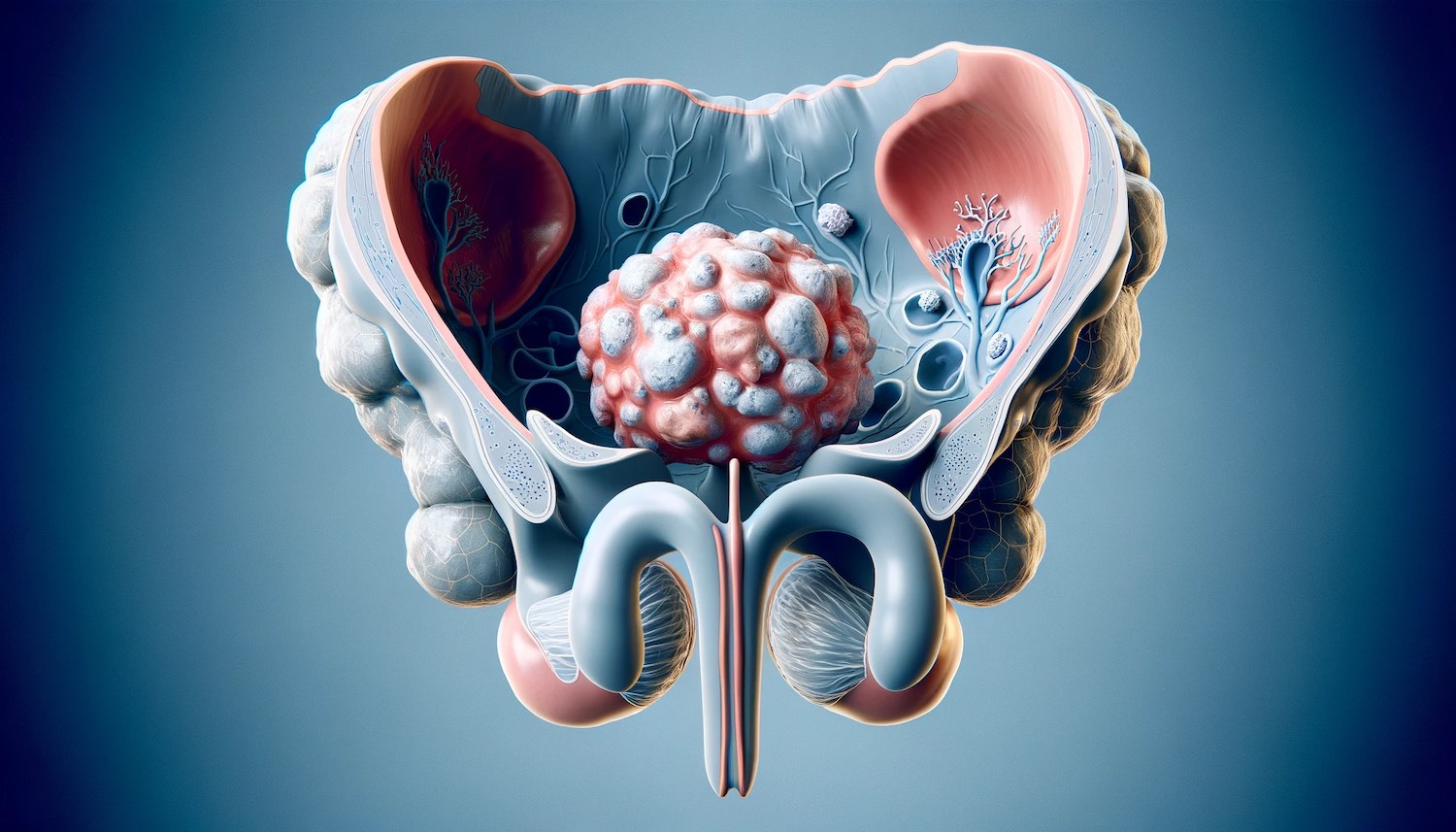Understanding Prostate Cancer

Prostate cancer, one of the most common types of cancer among men, requires greater awareness and understanding. This article aims to provide a comprehensive overview of prostate cancer, covering its symptoms, risk factors, diagnosis, and treatment options, to promote informed health decisions and early detection.
What is Prostate Cancer?
Prostate cancer develops in the prostate, a small gland that produces seminal fluid in men. While it’s typically a slow-growing cancer, some types are aggressive and can spread quickly. Understanding the nature of prostate cancer is crucial for effective management and treatment.
Risk Factors for Prostate Cancer
The risk of developing prostate cancer increases with age, particularly after 50. Other risk factors include:
- Family history of prostate or related cancers.
- Genetic factors.
- Race, with higher prevalence in African American men.
- Diet and lifestyle factors.
Symptoms of Prostate Cancer
In early stages, prostate cancer may not show symptoms. As it progresses, symptoms can include:
- Difficulty urinating.
- Decreased force in the stream of urine.
- Blood in semen.
- Discomfort in the pelvic area.
- Bone pain.
- Erectile dysfunction.
Diagnosing Prostate Cancer
Early detection is key in the successful treatment of prostate cancer. Diagnostic methods include:
- Prostate-specific antigen (PSA) test: Measures the level of PSA in the blood.
- Digital rectal exam (DRE): Physical examination of the prostate.
- Biopsy: If initial tests suggest cancer, a biopsy is performed to confirm the diagnosis.
Treatment Options
Treatment for prostate cancer depends on the stage and aggressiveness of the cancer and the patient’s overall health. Discover in-depth information about prostate treatment in our detailed article.
RELATED POSTS
Get a Medical Opinion
Fill out the form and we will contact you shortly.
The Importance of Regular Screening
Regular screening for prostate cancer can lead to early detection, which is crucial for successful treatment. Men over 50, or those with a family history of cancer, should discuss screening options with their healthcare provider.
Frequently Asked Questions About Prostate Cancer
Men should start discussing prostate cancer screening with their healthcare provider around the age of 50. However, those with higher risk factors, such as a family history of prostate cancer or African American men, may need to start earlier, around the age of 40 to 45.
While specific causes of prostate cancer are unclear, maintaining a healthy diet, regular exercise, and a healthy weight may help reduce the risk. Avoiding smoking and excessive alcohol consumption is also advised.
Early stages of prostate cancer often do not show any symptoms. Symptoms usually appear when the cancer is more advanced, which underscores the importance of regular screening.
Prostate cancer, especially when detected early, often has a high success rate of treatment. In many cases, it can be cured or managed effectively for many years.
Conclusion
Prostate cancer, while common, can often be treated successfully, especially when detected early. Awareness of symptoms, regular screening, and understanding treatment options are key in managing this disease. If you have concerns about prostate cancer, consult a healthcare professional for guidance and appropriate screening.
Contact Information
- WhatsApp: +90 541 469 11 94
- Email: [email protected]
We connect you with top medical specialists and provide comprehensive support to optimize your healthcare decisions. Empowering you to make informed choices for a healthier future.
Get a Medical Opinion
Fill out the form and we will contact you shortly.
